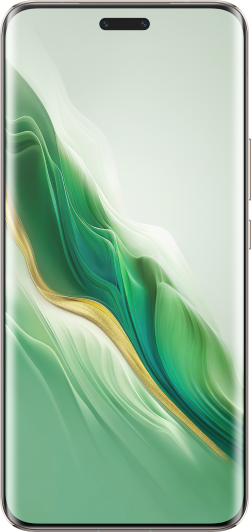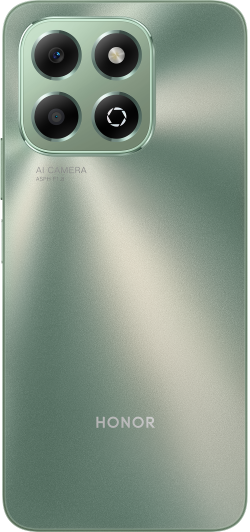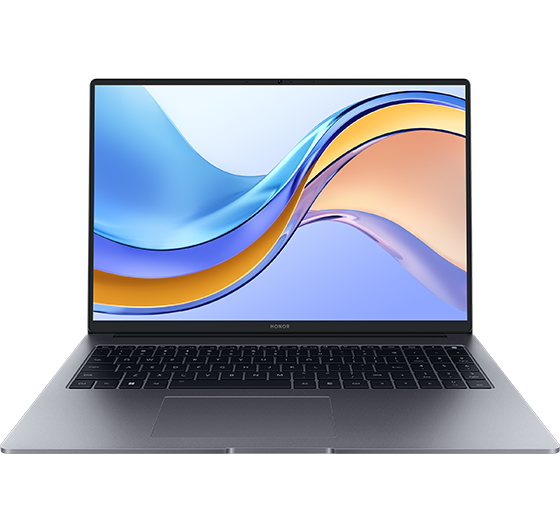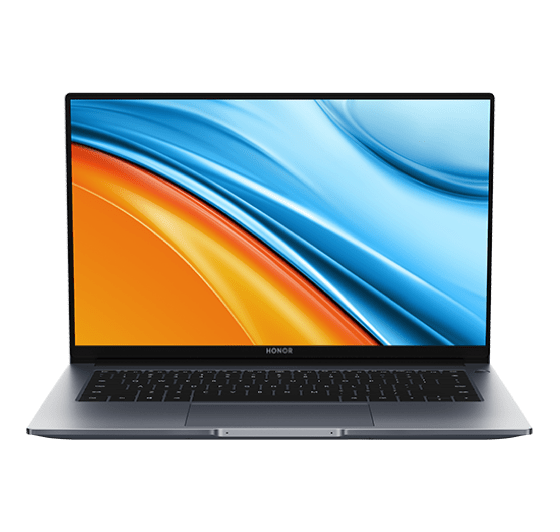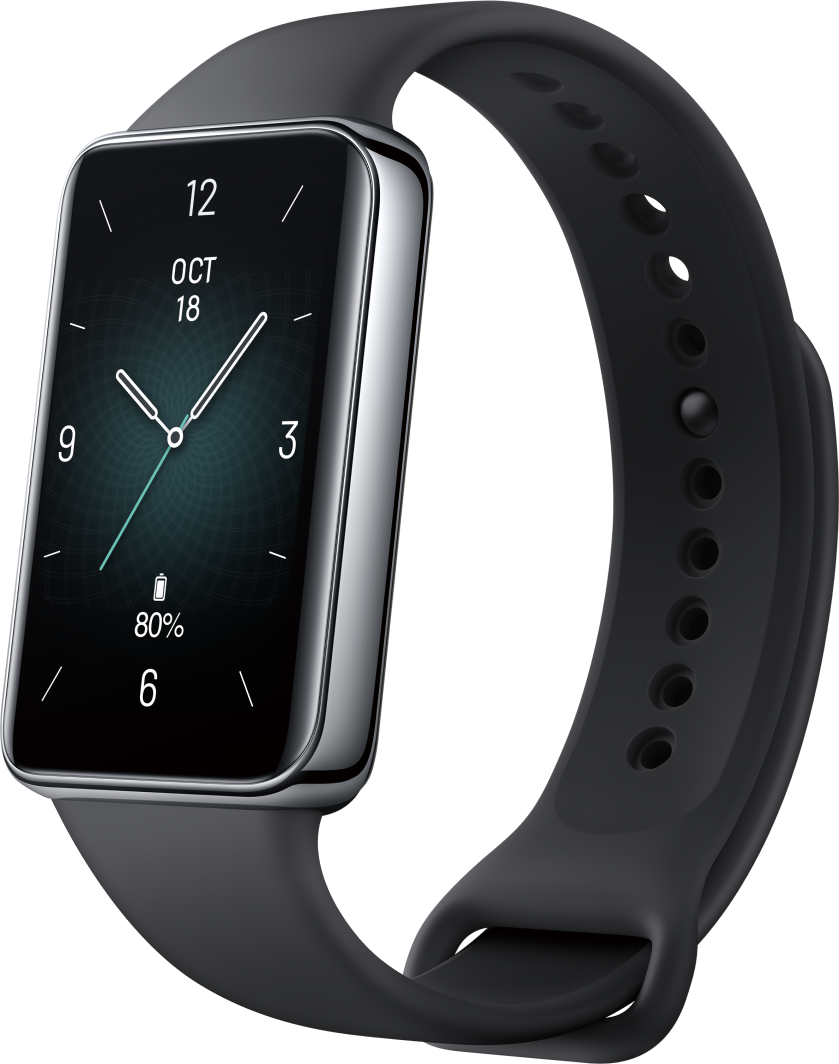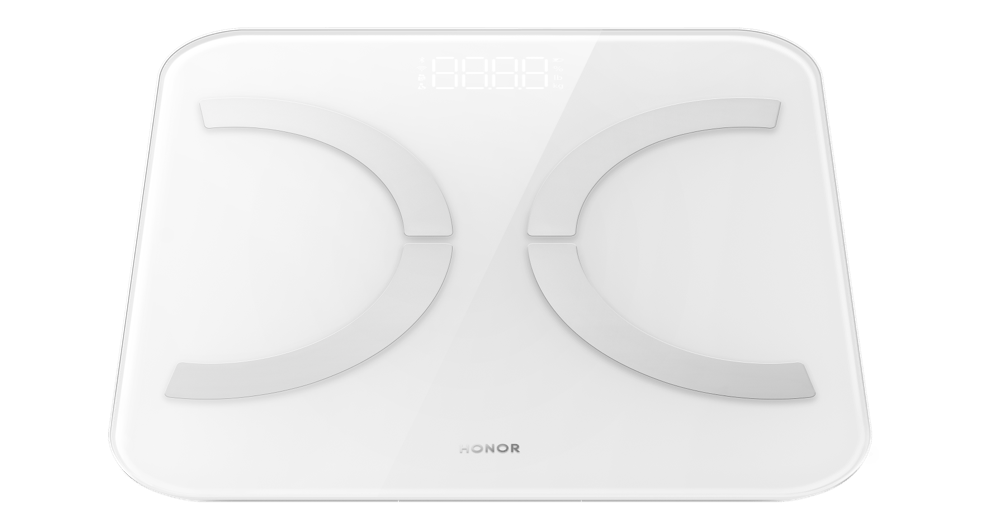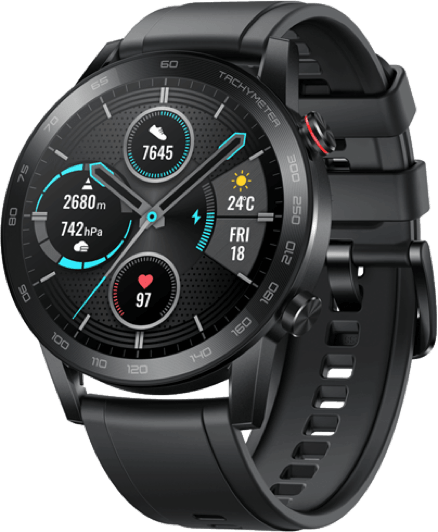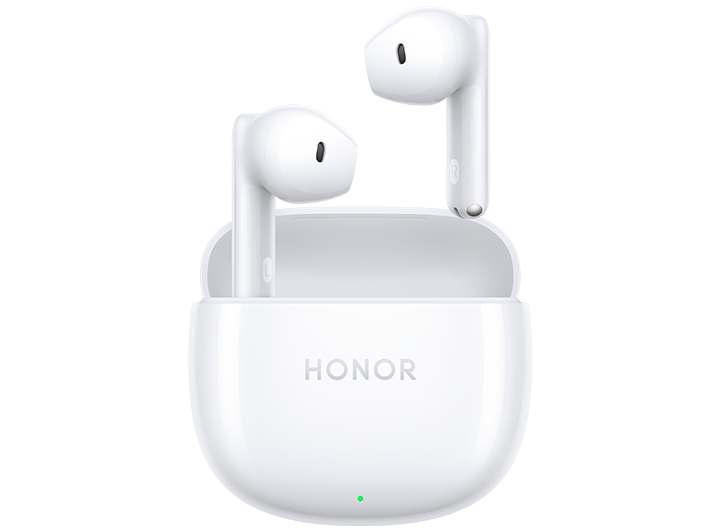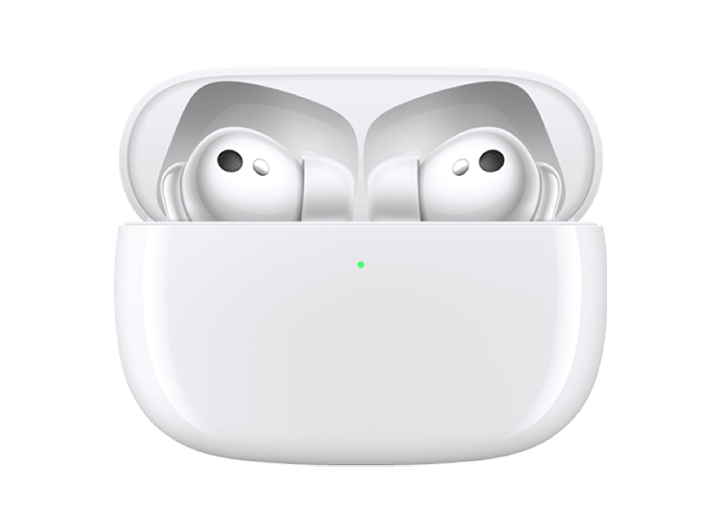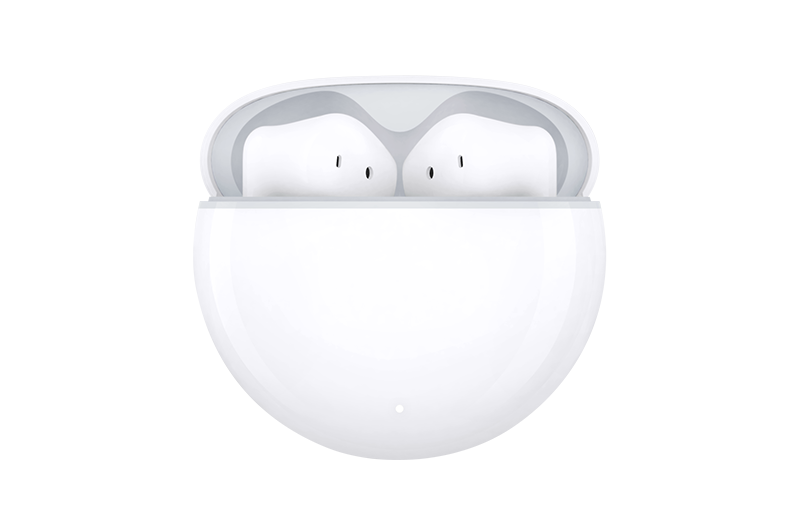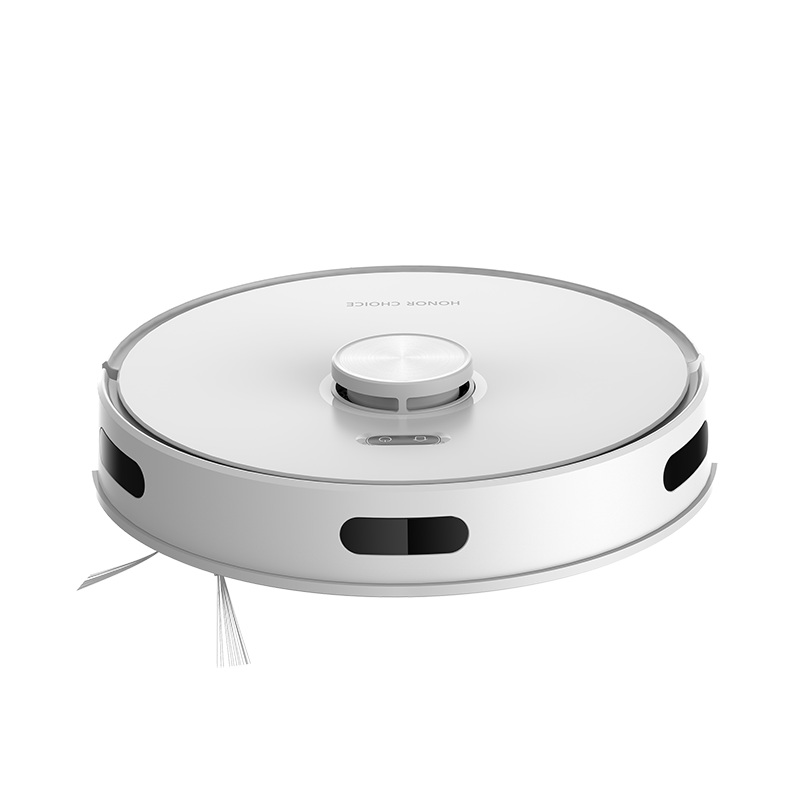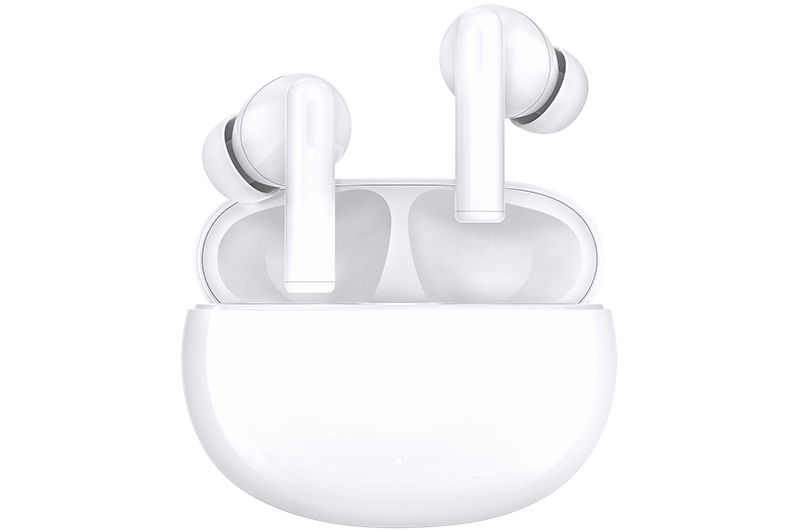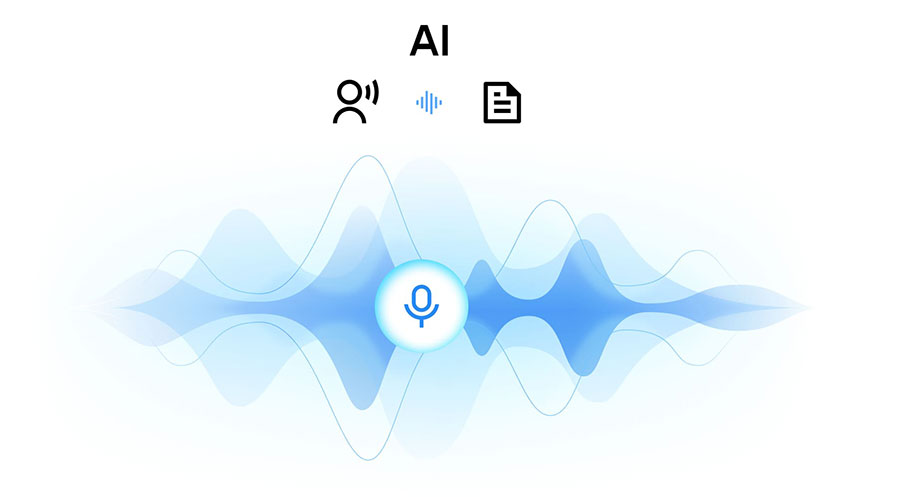TOP

我的荣耀 开启荣耀之旅
To log in to your account, you must first agree to the HONOR PLATFORM TERMS OF USE and HONOR Platform Privacy Statement. If you do not agree, you may only browse the site as a guest.
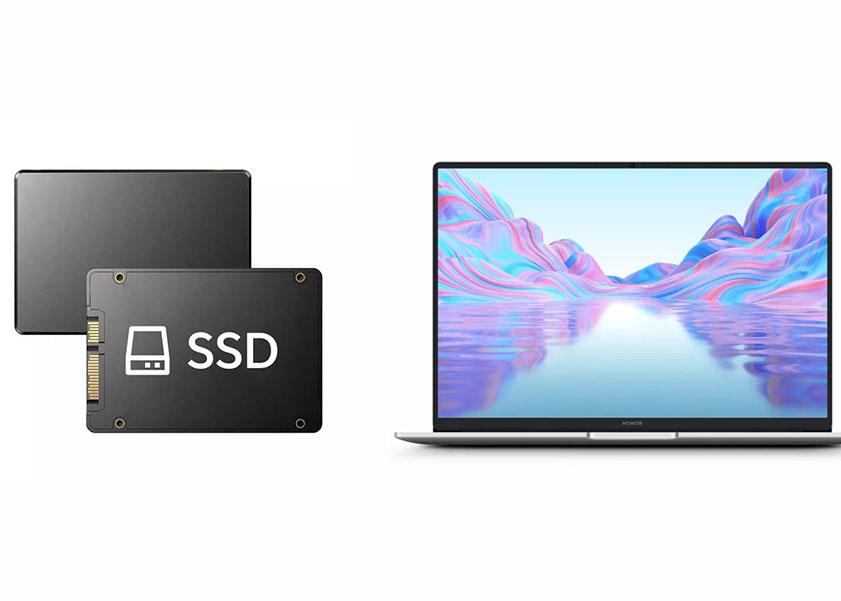
Difference Between SSD and HDD in Laptop: Gadget’s Storage Insights
How much do you know about SSD and HDD? In the domain of laptop storage, the intense competition between Solid State Drives (SSDs) and Hard Disk Drives (HDDs) has captured countless attention. Therefore, understanding the unique features of these storage options is crucial. SSDs are renowned for their rapid data access, durability, and energy efficiency due to their reliance on flash memory. Conversely, HDDs attract many with their larger storage capacities and affordability, making them an ideal solution for users with extensive data storage needs.
As we wander in the vast ocean of technology, the difference between SSD and HDD in laptop storage emerges as a crucial point of decision. Let's investigate the unique features and significant distinctions of these two storage methods in laptops, to assist you in making an informed choice.
What Is SSD and HDD in a Laptop?
To kick things off, it's important to decode what SSD and HDD actually mean before drawing any comparisons. So, what exactly is ssd and hdd in laptop?
SSD

The Solid State Drive, or SSD, stores data using NAND-based flash memory. It ditches the moving parts found in traditional HDDs, leading to zippier data handling, lower energy use, and better endurance. The lack of mechanical elements also means SSDs can take a bump or two without a hiccup.
Who benefits most from HDDs?
• Power users handling hefty tasks like video editing or 3D modeling.
• Gamers eager for immersive experiences with quick loading times.
• Frequent file movers who handle large chunks of data regularly.
• Creative professionals working with large graphic design projects or high-resolution media.
• Data analysts and scientists who frequently process large datasets.
HDD

The Hard Disk Drive, or HDD, spins magnetic disks to manage data. A veteran in the storage game, HDDs offer generous space without breaking the bank. But their mechanical nature does slow things down a bit and makes them more vulnerable to knocks and drops.
Who benefits most from HDDs?
• Individuals who want to store and back up a lot of data that they don't need to access frequently.
• Those with minimal needs for computers.
• Those on a tight budget who construct or purchase a PC.
• Archivists and librarians who require vast storage for extensive digital collections.
• Multimedia enthusiasts with large libraries of movies, music, and photos.
SSD Vs HDD: What's the Difference

Now that we've explored the basics of SSDs and HDDs, it's time to move further to their contrasts. In the following content, we'll uncover the layers of these two storage giants. We'll compare them across various dimensions including speed, capacity, noise, reliability, lifespan, and price. Each aspect offers a window into how these technologies cater to diverse computing needs, painting a clearer picture for anyone standing at the crossroads of this critical decision.
Speed
SSDs stand out with their exceptional speed, offering read and write speeds that outpace HDDs significantly. This advantage leads to faster startups, quicker loading of applications, and more efficient multitasking.
Capacity
As for storage space, HDDs traditionally take the lead. They provide more storage for less money compared to SSDs. Yet, as SSD technology progresses, larger capacity SSDs are becoming increasingly common and affordable.
Noise
Unlike SSDs, HDDs create some noise due to their mechanical parts like spinning disks and moving heads. SSDs, devoid of any such parts, operate silently, making them a preferred choice in noise-sensitive areas like study rooms, libraries, and office spaces where quiet is valued.
Reliability
SSDs generally boast greater reliability than HDDs, as they lack mechanical parts that can wear out. This aspect makes them less prone to mechanical failures and more resilient to physical impacts, ideal for those who are always on the move.
Lifespan
The longevity of an SSD is linked to its write cycle capacity. Although earlier SSD models had some limitations in this regard, contemporary SSDs are known for their extended lifespans. Both SSDs and HDDs have the potential to serve effectively for numerous years under regular usage conditions.
Price
Cost has traditionally been a significant factor favoring HDDs. However, the price gap between SSDs and HDDs has been narrowing. Although SSDs are still generally more expensive on a per-gigabyte basis, the performance benefits they offer can justify the additional cost for many users.
Which One to Choose, SSD or HDD?
If you’re in a dilemma between choosing SSD or HDD for your laptop, the answer lies in a blend of your needs, work's nature, and budget. If your day-to-day tasks demand speed and agility, like video editing or gaming, then an SSD is your go-to. It's a powerhouse for those who prioritize rapid boot times, swift application responses, and a smooth, seamless computing experience.
Conversely, if your focus leans towards storing vast amounts of data without frequently accessing it, an HDD is a practical and economical choice. It's a boon for users who need ample space for their digital collections, like extensive photo libraries or movie archives, without straining their wallets.
But what if you're still torn between the two? Here's where the HONOR MagicBook X 16 makes its grand entrance. It's not just a laptop; it's a symphony of versatility. Initially equipped with a 512GB SSD, it offers the flexibility to expand up to an additional 1TB SSD. This dual SSD slot design not only doubles your storage capacity but also retains the swift performance of an SSD. It's an ideal device for those who crave the speed of an SSD but also long for the expansive storage traditionally associated with HDDs. With this setup, you can enjoy the agility and reliability of an SSD while having ample room to house all your important files, media, and more.
Conclusion
In the grand narrative of laptop storage, the difference between SSD and HDD in laptop is like a tale of two cities, each with its own charm and challenges. Imagine SSDs as high-speed trains, zipping through the landscapes of data with agility and grace. They're the choice of digital nomads, constantly on the move, seeking instant access to their digital worlds. Now picture HDDs as vast warehouses, storing treasures of data in their expansive halls. They are the steadfast guardians of memories and archives, chosen by the sages of data who prefer a steady and cost-effective approach. Remember that the choice between these two isn't just about speed or space; it's about finding the right companion for your digital journey. Whether you choose the swift and sturdy SSD or the spacious and economical HDD, each plays its role in the grander scheme of your computing needs, ensuring that every chapter of your digital story is well preserved and swiftly accessed.
FAQ
Will SSD make my laptop faster?
Yes, SSDs can significantly improve the speed of your laptop by providing faster read and write speeds, resulting in quicker boot times and faster application launches.
Do SSD laptops last longer?
SSDs are generally more durable and reliable than HDDs, offering a longer lifespan due to their lack of moving parts and resistance to physical shocks.
Can I have both SSD and HDD in a laptop?
Yes, some laptop come with both SSD and HDD storage options. This allows users to benefit from the speed of an SSD and the ample storage capacity of an HDD in a single device.
Source: HONOR Club
SUBSCRIPTION
I agree to receive the latest offers and information on HONOR products through email or IM (e.g. WhatsApp) provided below and advertisement on third-party platforms. I understand that I can unsubscribe anytime according to Chapter 5 of HONOR Platform Privacy Statement.
CONTACT
Honor Technology (Malaysia) Sdn Bhd
(Registration No.: 202101003804)
1800-88-5645
9:00 AM - 6:00 PM
Copyright © Honor Device Co., Ltd. 2020-2025. All rights reserved.
We use cookies and similar technologies to make our website work efficiently, as well as to analyze our website traffic and for advertising purposes.
By clicking on "Accept all cookies" you allow the storage of cookies on your device. For more information, take a look at our Cookie Policy.
Functional cookies are used to improve functionality and personalization, such as when playing videos or during live chats.
Analytical cookies provide information on how this site is used. This improves the user experience. The data collected is aggregated and made anonymous.
Advertising cookies provide information about user interactions with HONOR content. This helps us better understand the effectiveness of the content of our emails and our website.










